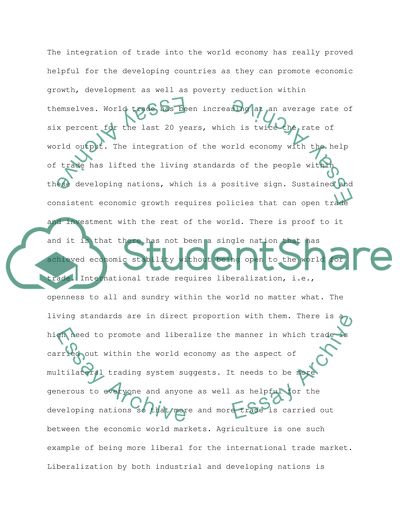Cite this document
(The Integration of Trade into the World Case Study, n.d.)
The Integration of Trade into the World Case Study. https://studentshare.org/macro-microeconomics/1711436-international-trade-institutions-and-policy
The Integration of Trade into the World Case Study. https://studentshare.org/macro-microeconomics/1711436-international-trade-institutions-and-policy
(The Integration of Trade into the World Case Study)
The Integration of Trade into the World Case Study. https://studentshare.org/macro-microeconomics/1711436-international-trade-institutions-and-policy.
The Integration of Trade into the World Case Study. https://studentshare.org/macro-microeconomics/1711436-international-trade-institutions-and-policy.
“The Integration of Trade into the World Case Study”. https://studentshare.org/macro-microeconomics/1711436-international-trade-institutions-and-policy.


